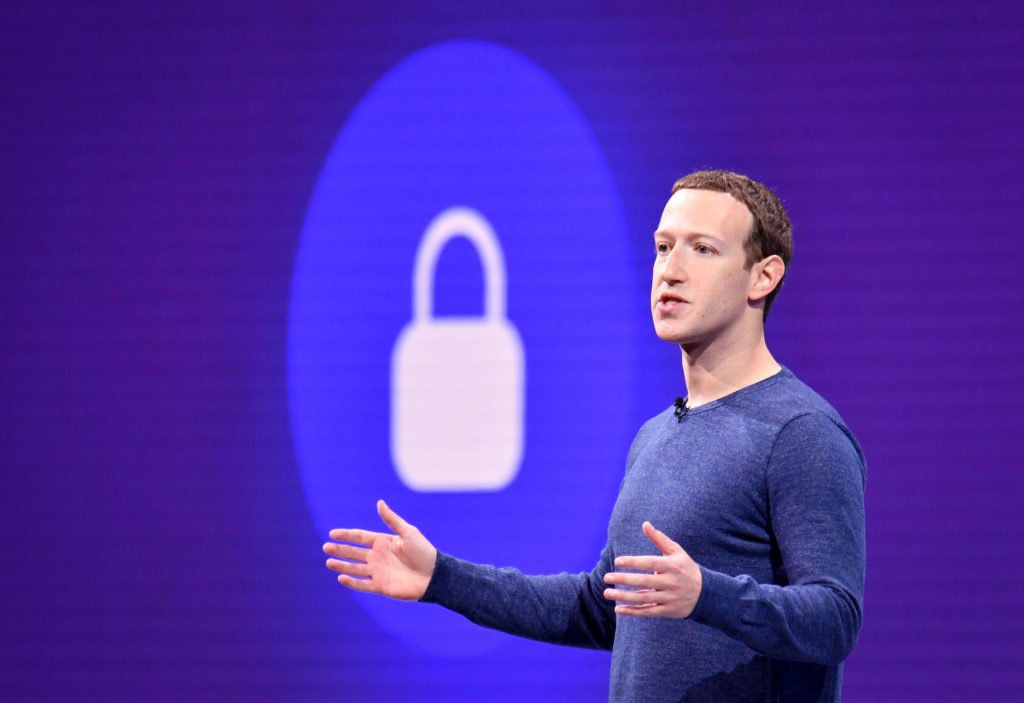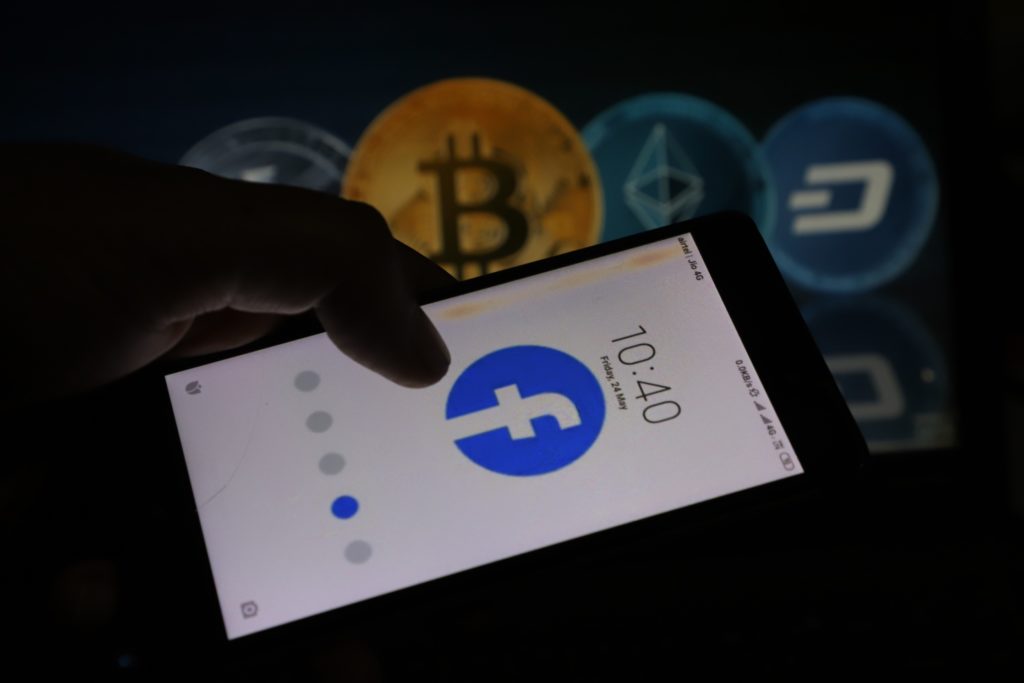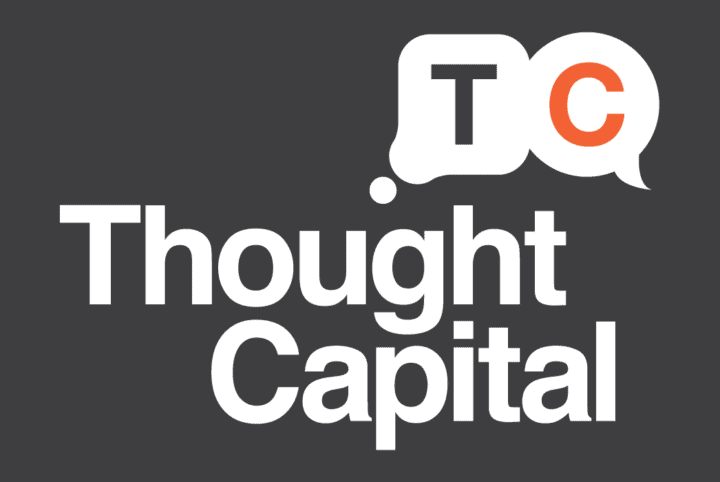
Led by Facebook, ‘Big Tech’ plans to launch its Libra cryptocurrency next year, throwing down the gauntlet to the global financial system. The choice for consumers: Who do we trust?
If all you knew about cryptocurrencies was the wildly fluctuating fortunes of Bitcoin investors, you might be overlooking one of the most profound developments in financial systems for many generations.
The focus on financial technology and global transactions systems has sharpened significantly since early June when social media giant Facebook revealed it was leading a powerful consortium of consumer-focused payments and services groups that plans to launch a cryptocurrency called Libra, and Calibra, an associated payments platform, next year.
Facebook, Visa, Mastercard, PayPal, eBay, Uber and Vodafone are just some of the founding shareholders in the Libra Association. Others include the digital music streaming and purchasing platform, Spotify, a smattering of venture capital firms, some blockchain technology specialists such as Coinbase and Xapo, and not-for-profit organisations such as Mercy Corps and Women’s World Banking that provide strategic support for rebuilding communities and developing economic growth.
A connected global system
The Libra consortium’s White Paper spruiks a brand-new world of financial ‘connectivity’. It talks about ‘empowerment’ and ‘distributed governance models’ in which ‘no single entity controls the network’. And it suggests an altruistic trio of goals, being a ‘lower cost, more accessible, more connected global financial system’.
John Vaz and Kym Brown, both senior lecturers in Banking and Finance at Monash University, have been examining the emergence and implications of cryptocurrencies, blockchain technology and other financial services technologies for several years.
Their research has traversed aspects such as social equity, trust and governance structures in cryptocurrencies and new financial technology – all crucial issues, considering cryptocurrency developers originally publicised them as a form of practical, anti-institutional reaction to the global financial crisis of 2007-10.
The pair held a masterclass on the issue recently, examining how financial technology, cryptocurrencies and blockchain systems are related and what impact they are likely to have in the post-GFC world of banking and finance. No doubt, the Libra model will be a hot topic for discussion.
Dr Vaz suggests the Libra proposition has ‘a really, really strong possibility of doing something quite new and dramatic in the financial services system, based on what they are promising’.
Game-changing development
The first wave of cryptocurrencies has been dominated by value speculation, the agglomeration of both influence and wealth by ‘miners’ (who process cryptocurrency transactions) and by background illegal activity. Libra may be a vital game-changing development in financial systems if it delivers on its promises, he says.

The rationale behind digital currencies and digital transactions is ‘delinking’ them from intermediaries, Dr Vaz says. By eliminating middle-operator institutions such as banks, insurance companies and avoiding the friction of regulators, then peer-to-peer (or consumer-to-consumer) transactions can be affected almost instantaneously and at low or zero cost.
That is attractive to some people because, as Dr Vaz notes, the ‘financialisation’ of the banking industry over the past 40 years – the development of a huge range of complex financial and investment products – opened enormous profit-making opportunities for banks and other financial services providers.
Those multi-billion-dollar profits ultimately were underwritten by taxpayers when, during the global financial crisis, governments of leading economies bailed out faltering banks and insurance companies to stem systemic collapse.
The post-crisis wave of financial technology is tapping into the resulting lack of trust. Innovative consumer organisations and financial technology developers are trying to “initiate different applications and decentralise marketplaces and connect them to the user base”, Dr Vaz says.
Facebook has its own trust issues
But there are concerns with Libra, not the least being ‘trust’ – a factor one might consider imperative in any financial system. While trust in the mainstream financial services sector has been tarnished, Facebook and its partners have their own trust issues.
Facebook exploited users’ information, allowing third parties including Spotify (a Libra partner), Amazon, Netflix, Microsoft and, notoriously, Cambridge Analytica to mine personal data on Facebook sites. There are justifiable and continuing concerns about whether Facebook or its Libra partners can be trusted with the vast amount of personal data they have already accumulated.
Yet Facebook, with its associated Instagram, WhatsApp and Messenger systems, remains the single biggest social media platform in the world. Despite its wobbly faithfulness, plenty of people still stick their most personal and often intimate and incriminating detail on their Facebook pages for everyone to see.
Dr Kym Brown suggests the Libra consortium’s plan is an effort to improve the Bitcoin model, which ostensibly was founded on democratic and equitable-access principles, but which has evolved into a currency increasingly influenced by miners.
Dr Brown suggests the Libra developers want to ensure it is more trustworthy than the Bitcoin model while garnering billions of potential customers into a single network for financial transactions.
Consider, for example, how many people use Visa every day, or Uber, or Vodafone. And perhaps they want to transfer money or borrow from another user of those services or someone else again. As Dr Brown points out, these enormous consumer bases provide the Libra consortium with an extraordinarily large potential customer base, one that is possibly unprecedented in size and scope.

Chinese parallels
She notes there are significant parallels in how Chinese messaging and financial services companies have garnered massive customer bases. Chinese technology group Tencent owns WeChat social media, which now includes the WeBank platform and the WeiXinPay payments system (similar to PayPal, for example).
In 2018, WeiXinPay offered customers on the various platforms the opportunity to send hongbao (gifts of money in red packets) to family and friends at Chinese New Year. An astonishing 768 million people took up WeiXinPay’s hongbao offer, dramatically increasing its potential marketing base.

Some of the Libra partners also expect to attract investors to financial investment products. The lures are the immediacy of the transaction and minimal cost. In other words, this may ultimately lead to a profound revolution in the way consumers and businesses utilise ‘banking’ and ‘financial services’.
But there are some obvious initial hurdles. Libra’s move to establish a digital universe of payments, lending and other financial services has triggered high-level concern among international financial regulators.
Chief among the concerns are risks to consumer protection, financial stability, as well as the potential for criminals to use the system to evade or subvert the rule of law.
While Facebook and its partners have vowed to fully co-operate and work with international regulators and law enforcement agencies, regulators are keen to understand how the proposed new Libra digital currency and Calibra payments system might work.
They want to ensure it remains subject to cross-border agreements, international laws and enforcement agencies without causing seismic disturbances to the integrity of the global financial system.
The US Senate Committee on Banking will call witnesses to explain the Libra proposal at a public hearing on 16 July, followed a day later by a hearing before the US House Committee on Financial Services.
These are certain to be closely watched by other international regulators, as well as by finance developers and services organisations hoping to tap into the ‘Finance 2.0’ world.


